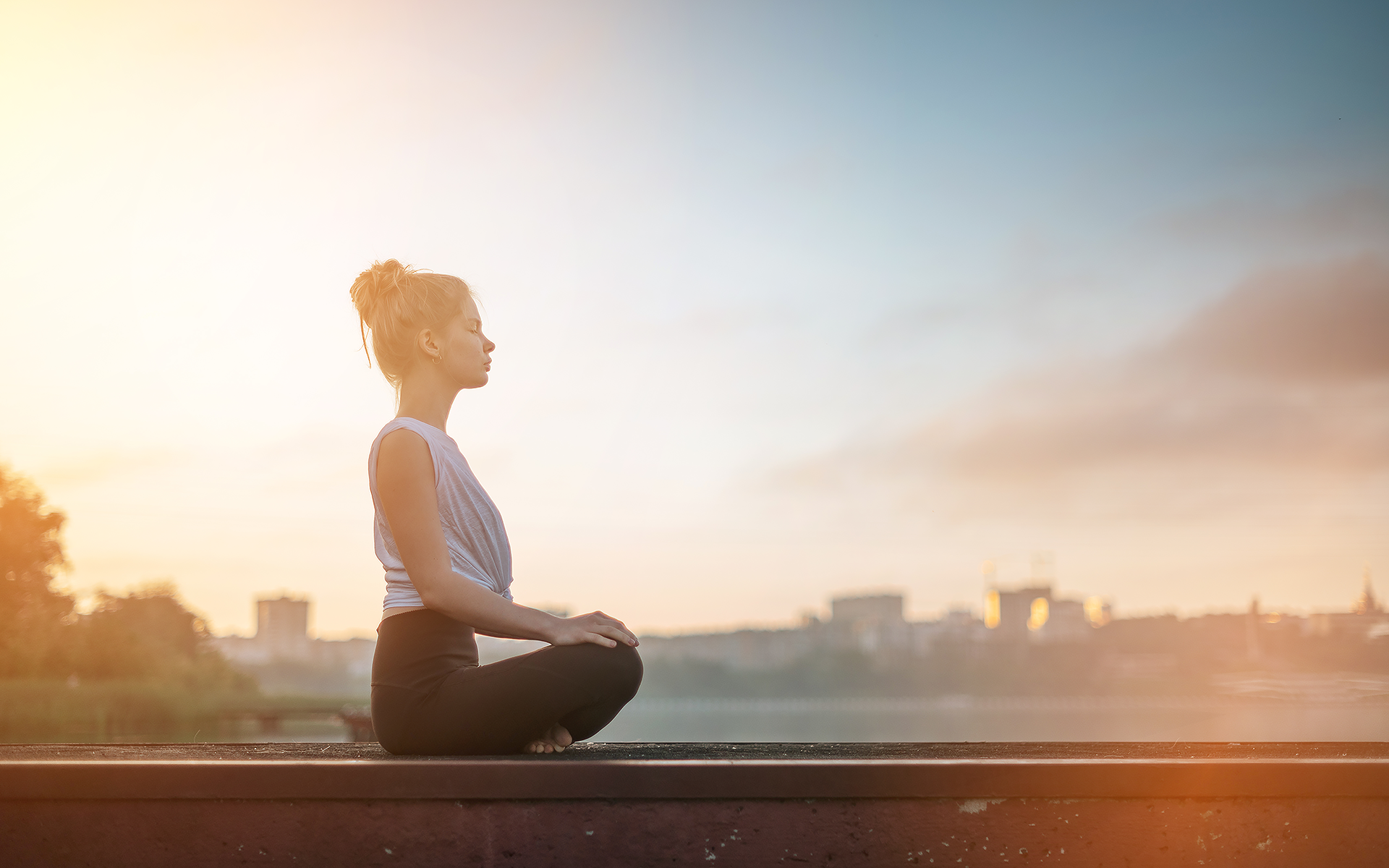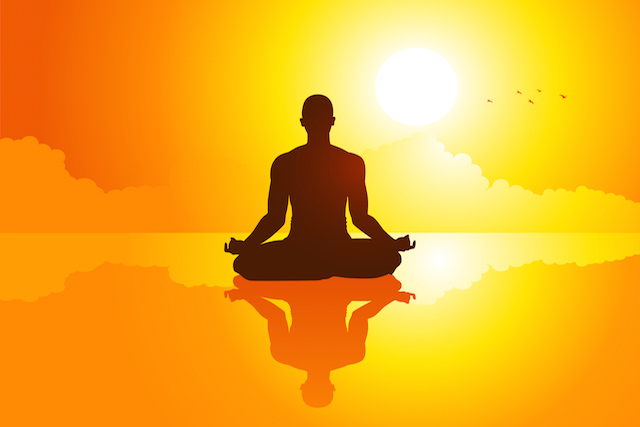Our general interest e-newsletter keeps you as much as date on a wide array of health topics.
Sign up now Meditation: An easy, quick way to decrease tension
Meditation can clean away the day's tension, bringing with it inner peace. See how you can quickly find out to practice meditation whenever you require it most.
By Mayo Center Staff If stress has you anxious, tense and worried, consider trying meditation. Spending even a couple of minutes in meditation can restore your calm and inner peace.
Anybody can practice meditation. It's easy and economical, and it does not need any unique devices. And you can practice meditation any place you are-- whether you're out for a walk, riding the bus, waiting at the doctor's office or even in the middle of a difficult company meeting.
Understanding meditation Meditation has been practiced for thousands of years. Meditation originally was suggested to assist deepen understanding of the spiritual and magical forces of life. Nowadays, meditation is commonly used for relaxation and stress reduction.
Meditation is considered a type of mind-body complementary medicine. Meditation can produce a deep state of relaxation and a tranquil mind. During meditation, you focus your attention and eliminate the stream of jumbled thoughts that may be crowding your mind and causing stress. This process might lead to enhanced physical and emotional well-being.
Benefits of meditation Meditation can give you a sense of calm, peace and balance that can benefit both youremotional well-being and your overall health.
And these benefits don't end when your meditation session ends. Meditation can help carry you more calmly through your day and may help you manage symptoms of particular medical conditions.
Meditation and psychological wellness When you practice meditation, you might eliminate the details overload that develops every day and adds to your tension.
The psychological advantages of meditation can consist of:
Meditation and disease Meditation may likewise be helpful if you have a medical condition, particularly one that may be intensified by stress. While a growing body of clinical research supports the health benefits of meditation, some researchers believe it's not yet possible to draw conclusions about the possible benefits of meditation. With that in mind, some research suggests that meditation might assist individuals handle symptoms of conditions such as:
Make sure to speak with your health care service provider about the pros and cons of using meditation if you have any of these conditions or other health problems.

In some cases, meditation can worsen signs related to particular psychological and physical health conditions.
Meditation isn't a replacement for conventional medical treatment. However it may be an useful addition to your other click here treatment. Types of meditation
Meditation is an umbrella term for the many ways to an unwinded state of being. There are lots of kinds of meditation and relaxation methods that have meditation elements. All share the exact same goal of achieving inner peace. Ways to meditate can consist of:
Assisted meditation. Often called directed images or visualization, with this approach of meditation you form psychological images of places or situations you find relaxing.
You try to utilize as lots of senses as possible, such as smells, sights, noises and textures. You might be led through this procedure by a guide or instructor.
Mantra meditation. In this type of meditation, you silently repeat a calming word, believed or expression to avoid distracting thoughts. Mindfulness meditation. This type of meditation is based upon being conscious, or having actually an increased awareness and acceptance of living in the present moment.
In mindfulness meditation, you widen your mindful awareness. You concentrate on what you experience during meditation, such as the flow of your breath. You can observe your thoughts and feelings, however let them pass without judgment. Qi gong. This practice normally combines meditation, relaxation, physical movement and breathing exercises to bring back and keep balance. Qi gong (CHEE-gung) belongs to conventional Chinese medicine. Tai chi. This is a kind of mild Chinese martial arts. In tai chi (TIE-CHEE), you carry out a self-paced series of postures or movements in a slow, graceful manner while practicing deep breathing.
Transcendental Meditation ®. Transcendental Meditation is a basic, natural strategy. In Transcendental Meditation, you quietly duplicate a personally appointed mantra, such as a word, sound or expression, in a particular way. This form of meditation might permit your body to settle into a state of extensive rest and relaxation and your mind to accomplish a state of inner peace, without needing to utilize concentration or effort. Yoga. You carry out a series of postures and controlled breathing exercises to promote a more flexible body and a calm mind. As you move through positions that require balance and concentration, you're encouraged to focus less on your hectic day and more on the minute.

Different types of meditation might consist of different features to assist you practice meditation. These may vary depending upon whose assistance you follow or who's teaching a class. Some of the most common functions in meditation consist of: Focused attention. Focusing your attention is generally among the most crucial aspects of meditation.
Focusing your attention is what helps complimentary your mind from the lots of interruptions that cause tension and concern. You can focus your attention on such things as a specific item, an image, a mantra, or even your breathing. Unwinded breathing. This method involves deep, even-paced breathing using the diaphragm muscle to broaden your lungs. The function is to slow your breathing, take in more oxygen, and decrease the use of shoulder, neck and upper chest muscles while breathing so that you breathe more effectively. A quiet setting. If you're a beginner, practicing meditation might be simpler if you're in a peaceful area with few distractions, consisting of no television, radios or cellphones.
As you get more knowledgeable at meditation, you might be able to do it anywhere, especially in high-stress scenarios where you benefit the most from meditation, such as a traffic jam, a demanding work conference or a long line at the supermarket. A comfortable position. You can practice meditation whether you're sitting, lying down, strolling, or in other positions or activities. Just try to be comfy so that you can get the most out of your meditation. Objective to keep good posture throughout meditation. Open attitude. Let thoughts travel through your mind without judgment.